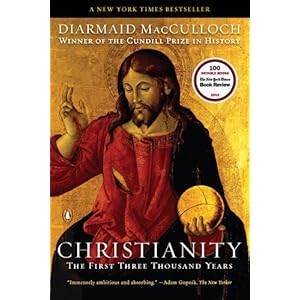 Takeaway: The way we support our thinkers and ‘do theology’ makes a big difference to the way that theology is done.
Takeaway: The way we support our thinkers and ‘do theology’ makes a big difference to the way that theology is done.
Purchase Links: Hardback, Paperback, Kindle Edition, Audible.com Audiobook (If purchasing, you want to think about paperback or audiobook. Kindle is the most expensive option at $29.99)
Around 1000 there was a rise in a new institution, the college. These schools were small and would not be recognizable to our eyes as colleges, but they were a new somewhat independent form of organization, built for learning (often for aspiring church leaders), but not directly controlled by the church. It was about this time that the term “Theology” was first coined and theology started developing in a way that did not have a comparison in the East. Primarily up until this point the theology that was being written was pastoral in nature. Pastors, bishops, Abbots, etc were writing or speaking to address the theological concerns and issues of the day. But with the rise of the academic theologian, theology start moving toward the intellectual questions and away from the pastoral.
About the same time there was a re-discovery of ancient texts (especially Aristotle) that were brought back from the crusades and translated into Latin. This re-discovery breathed new life into the intellectual world of the West and lead to a surprisingly robust dialog with the East (and Islam) who had never lost Aristotle.
The theology of the East and West developed with very different understandings of how to talk about God. Aquinas thought we cannot describe God directly, but only through peripheral understanding. This matched with the earlier understanding of Augustine who thought of God as completely separate from human understanding. This distance, not as common in the East, was a least partially responsible for the rise in Marian devotion. In the East, through the use of Icons and other more personal understandings of Christ, Marian devotion was rare because Christ was the approachable form of God.
